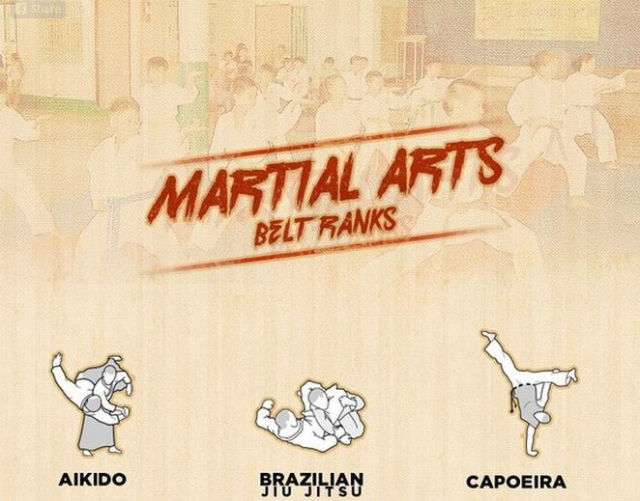Traditional Martial Arts Vs. Modern Combat Sports: Recognizing The Key Distinctions
Traditional Martial Arts Vs. Modern Combat Sports: Recognizing The Key Distinctions
Blog Article
Material Author-Thuesen Fink
When you think of martial arts, do you lean extra toward the standard methods or the modern battle sports? Each course uses unique advantages and experiences, formed by their ideologies and training techniques. Standard martial arts stress individual growth and discipline, while modern-day fight sporting activities concentrate on competition and efficiency. Recognizing these differences can direct you in choosing the best approach for your trip. But how do these distinctions materialize in training and approach?
The Philosophy and Background Behind Conventional Martial arts
While many individuals associate martial arts with physical battle, the viewpoint and history behind typical martial arts run much deeper. You'll discover that these disciplines stress personal development, self-control, and respect.
Originating from ancient practices, typical martial arts were usually created for Self-Defense and spiritual advancement. They symbolize principles such as equilibrium, consistency, and self-constraint, directing professionals past plain combating abilities.
As you train, you'll not only learn techniques but additionally gain insights right into the society and values that shaped these arts. The rituals and traditions, typically passed down via generations, foster a feeling of neighborhood and belonging.
The Competitive Nature of Modern Fight Sports
Modern combat sports have actually changed the landscape of martial arts into an extremely competitive sector, where professional athletes challenge in an examination of ability, strategy, and endurance.
You'll see that competitions are commonly arranged with stringent policies and regulations, making sure fair game and security. These events attract big audiences, sustaining the exhilaration and strength of competitions.
premier martial arts franchise reviews train rigorously, not just for physical prowess but also for psychological toughness, knowing that every information counts in the ring. The adrenaline thrill throughout competitors is apparent, as fighters press their limitations to claim victory.
Followers appreciate the athleticism and virtuosity entailed, making modern battle sports a thrilling spectacle that continues to progress and captivate fanatics all over the world.
Training Techniques and Methods: A Relative Analysis
The competitive environment of modern combat sporting activities demands cutting-edge training methods that differ considerably from typical martial arts.
In contemporary training, you'll concentrate on particular strategies, sparring, and conditioning, typically using drills that imitate genuine battle situations. You'll see an emphasis on quantifiable performance and frequent competitors to examine your skills.
On https://www.dailymail.co.uk/tvshowbiz/article-11300467/Cobra-Kai-star-Sean-Kanan-details-terrifying-near-fatal-injury-filming-Karate-Kid-III.html , traditional martial arts focus on types, katas, and philosophical trainings, commonly emphasizing self-control and regard over competition.
Training is typically less extreme and may include repetitive technique as opposed to real-time sparring.
While both techniques build skill and fitness, contemporary combat sporting activities provide a much more vibrant and adaptable training atmosphere, preparing you for prompt challenges in the ring or cage.
Pick the course that straightens with your objectives and rate of interests.
Conclusion
In picking between typical martial arts and modern battle sports, it actually comes down to what you value many. If you're trying to find personal growth, discipline, and a feeling of area, typical arts might be your finest fit. But if you grow on competitors and real-time challenges, contemporary battle sports could be the method to go. Inevitably, both courses offer distinct benefits, so it's all about aligning your training with your personal goals and passions.
